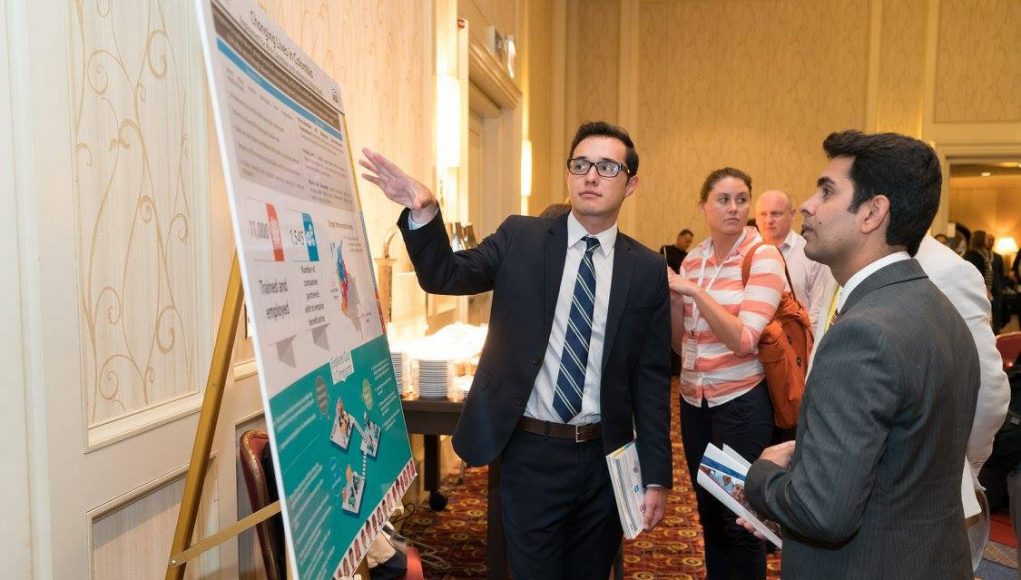Dates: September 27-29, 2017 | Register here
Prices: starting from USD 795,-
Location: Washington, The United States
Global Youth Economic Opportunities Summit 2017
The Global Youth Economic Opportunities Summit is a global convention that brings together 500+ leading stakeholders from 55 countries to connect, exchange and collaborate. Now in its 11th year, the Summit is the largest convening of its kind in North America for the youth economic opportunities community.
Decision makers come to the Summit to increase the impact, scale and sustainability of their youth economic opportunities programming, policies, and partnerships. The agenda attracts leading experts who are working to advance social and economic well-being of young people.
Participants strengthen partnerships, improve technical capacity, and expand awareness of current and emerging approaches in youth development.
The Future of Work: Youth Economic Opportunity in a Changing World
The 2017 Global Youth Economic Opportunities Summit theme will explore what the future of work holds for young people in developing contexts and for professionals working to expand youth economic opportunities globally in a changing world of work.
Summit Learning Agenda & Technical Tracks
The 2017 theme is supported by a strategic learning agenda organized around four, inter-connected Summit technical tracks:
- Building a Foundation
- Ready for the Global Workforce
- Livelihoods Through Self-Employment
- Global Context Matters
Cross-cutting topics to be addressed across technical tracks are:
- Gender
- Conflict
- Technology
- Financial Inclusion
- Agriculture & Rural Development
- Monitoring, Evaluation, Research & Learning (MERL)
2017 Theme
The “future of work” is a topic of heightened focus and for good reason: the rise of technology, digital innovation and globalization is dramatically transforming labor markets in developed and developing countries alike.
Emerging research—from modern economists and groups like the World Economic Forum and Brookings—has identified some of the big global trends such as disruption to jobs, the diminishing role of traditional labor, and the decentralization of economic activity away from a single large employer to micro-enterprises and digital jobs. Nevertheless, the nature, speed and scale of the impact in developing contexts, is uncertai
The 2017 Summit agenda will acknowledge the big global trends associated with “the future of work” and explore how the demographic, structural, and technical impacts of these changes impact young people in developing contexts. The Summit agenda will also incorporate a focus on critical cross-cutting social and environmental factors such as gender, conflict, and rural development, among others.
Technical Tracks
- Building a Foundation: How do we build a foundation of skills for youth that supports their long-term social and economic success in a changing world of work?
- Ready for the Global Workforce: How do we prepare youth for transition to the workforce and for the demands of today’s rapidly transforming global economy?
- Livelihoods Through Self-Employment: What kinds of skills, programs and policies best support necessity-entrepreneurs and growth-oriented entrepreneurs?
- Global Context Matters: How will the future of work both inform, and be shaped by critical factors like gender, conflict, migration, climate change, and policy environment?
For more opportunities, check our opportunities sections and subscribe to our weekly newsletters.






